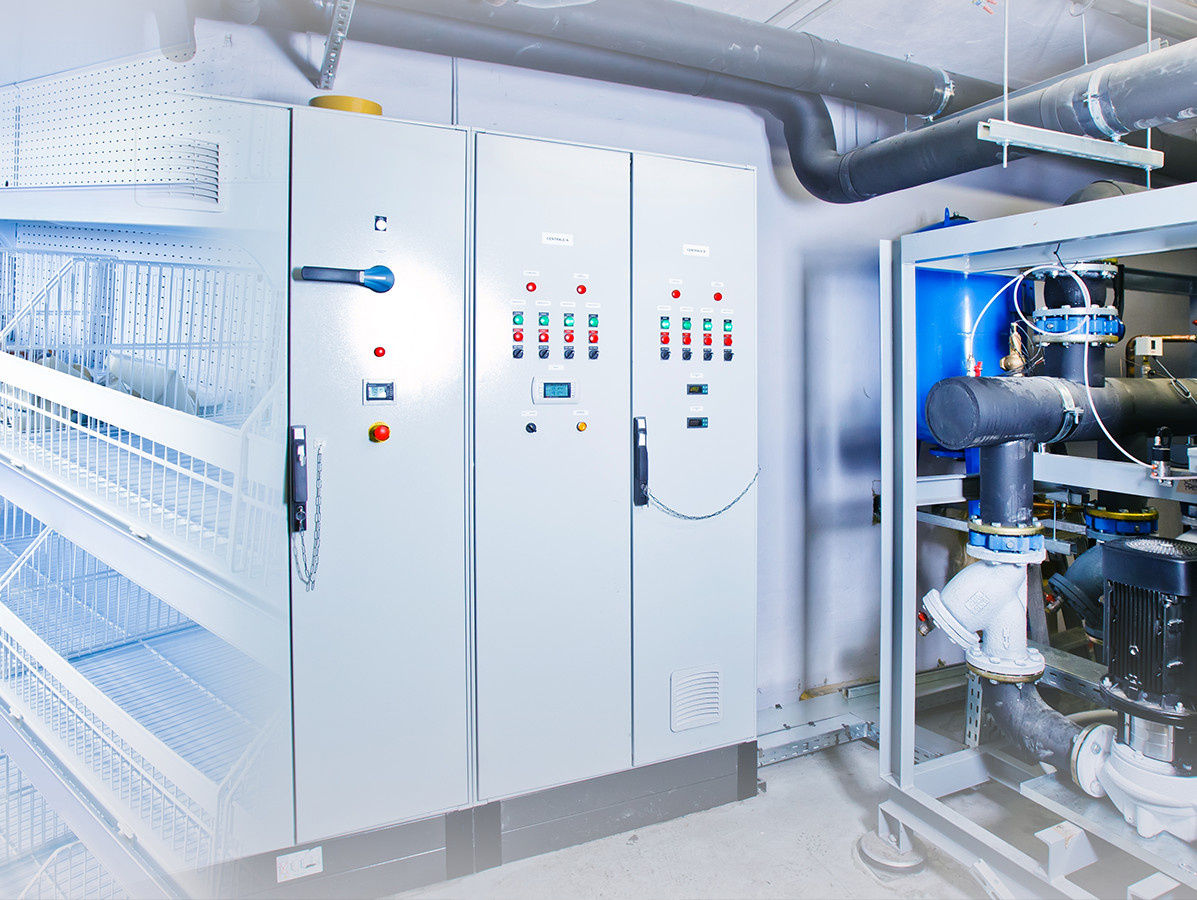
Cooling systems can function properly for years if they are regularly serviced. Most complaints are therefore caused by failure to carry out maintenance or having maintenance carried out poorly or not at all.
If a refrigeration system does not function or functions less well, this can have far-reaching consequences for the quality of your products. You are forced to carry out unnecessarily expensive repairs and sometimes even replace relatively new installations completely. For a longer and carefree lifespan, it is therefore advisable to have preventive maintenance carried out on your cooling installation every year. The periodic checks will keep it in the best condition. In addition, there are legally required inspections that you, as the owner of an installation, must comply with. A maintenance company can do this for you or support you in this.
From the F-gases regulation it is mandatory to carry out leak checks on your installation. Depending on the type of refrigerant and the contents of the installation, the leak tightness must be checked at least once a year. In the case of installations with synthetic refrigerants (f-gases), since 2015 the frequency of leak checks is no longer carried out on the basis of refrigerant content in kilograms, but in CO2 equivalents. These are different for each refrigerant and can have a significant impact on the number of leak checks of the installations you manage.
- 5-50 tonnes of CO2 equivalent: once a year (was 3-30 kg refrigerant)
- 50-500 tonnes of CO2 equivalent: once every six months (was 30-300 kg refrigerant)
- > 500 tonnes of CO2 equivalent: once every six months, where automatic leak detection is mandatory ( was >300 kg refrigerant)
If installations are equipped with a leak detection system, the above frequency can be cut in half. The leak detection system shall be checked every six months for proper functioning.
A cooling installation with natural refrigerants such as CO2, ammonia and hydrocarbons (propane) must, in accordance with the Activities Decree, be checked at least once a year for safe operation by a certified mechanic. The mandatory inspection applies to:
- Installations with a capacity of at least 10 kg carbon dioxide;
- Installations with a content of at least 5 kg hydrocarbons;
- Installations with a content of 10 kg minimum and 1500 kg maximum* of ammonia.
*Installations with a content of more than 1500 kg ammonia are subject to a mandatory environmental permit.
Cooling installations contain a coolant that is put under low and high pressure. Working with this pressure equipment is not without danger. The Pressure Equipment Commodities Act Decree (Warenwetbesluit drukapparatuur) therefore contains rules on, among other things, the design, assembly, commissioning and use of pressure equipment. After commissioning a refrigeration system, a periodic re-inspection is mandatory according to the Commodities Act Decree on Pressure Equipment. The re-inspection period for the first re-inspection is set at four years after commissioning. Depending on the expected deterioration of the installation, the period for the second and subsequent inspections can be extended to six years. An installer can assess which category the installation falls into and whether it qualifies for a re-inspection.
All checks on correct operation, preventive maintenance and repairs to installations containing refrigerants may only be carried out by authorised personnel. This is strictly supervised. Are you unsure which installer to contact for this? Then choose an NVKL approved technician to be sure of quality, durability and professionalism. All NVKL installers are in possession of the NVKL accreditation, on which they are tested once every two years. This means that they comply with all the mandatory legislation of the F-gases ordinance and also with requirements in the field of, among other things, training and professional knowledge. They are aware of the risks of refrigerants and work with the right technical aids to deal with them and ensure safety. In addition, they can tell you all about the consequences of the new F-gas regulation for your installations. In addition, you can always fall back on the Disputes Committee that is linked to the NVKL recognition.
Photos: © FOTOGRIN/Shutterstock.com
Source: ©Vakblad Voedingsindustrie juni 2020